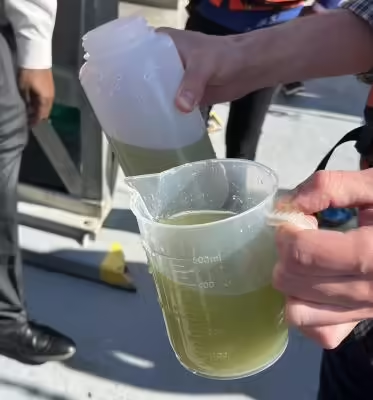Researchers at Western University in London have found that a number of patients with “severe” cases of COVID-19, may also be infected with an antibiotic resistant superbug bacteria.
The new study shows that nearly 10 per cent of those experiencing acute symptoms from COVID-19, may have a secondary bacterial co-infection with Staphylococcus aureus, also know as Staph A. Researchers say that when methicillin-resistant Staphylococcus aureus (MRSA) is present with a positive case of COVID-19, the outcome may be more deadly.
While the mystery behind how and why the two pathogens, when combined, contribute to significantly worsened symptoms remains unknown, Western virologists say they have learned a surface protein found in all strains of Staph A., enhances the replication of COVID-19 by 10 to 15 fold. Researchers say the findings could help develop new therapies for COVID patients with bacterial co-infections.
“We started with an assumption that SARS-CoV-2 and hospitalization due to COVID-19 possibly caused patients to be more susceptible to bacterial infections which eventually resulted in worse outcomes,” said the study’s lead investigator, Mariya Goncheva. “Bacterial infections are one of the most significant complications of respiratory viral infections such as COVID-19 and Influenza A.”
Goncheva said that even with the use of antibiotics, around 25 per cent of co-infected COVID-19 patients die. She explained this is especially true for hospitalized patients, and more so among those in intensive care units. Goncheva said researchers continue to work on why this happens.
Ahead of the pandemic, Goncheva focussed her research studying the development of bacterial infections such as MRSA. When COVID-19 began to rapidly spread around the world, she said she began to study the interactions between the two infections.
The study, conducted at Western’s level three bio-containment lab, ImPaKT (Imaging Pathogens for Knowledge Translation), saw researchers create an out-of-organism lab model to study the interactions between COVID-19 and MRSA.
